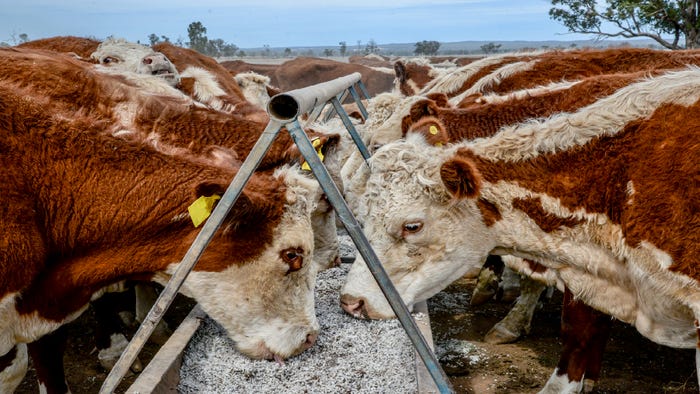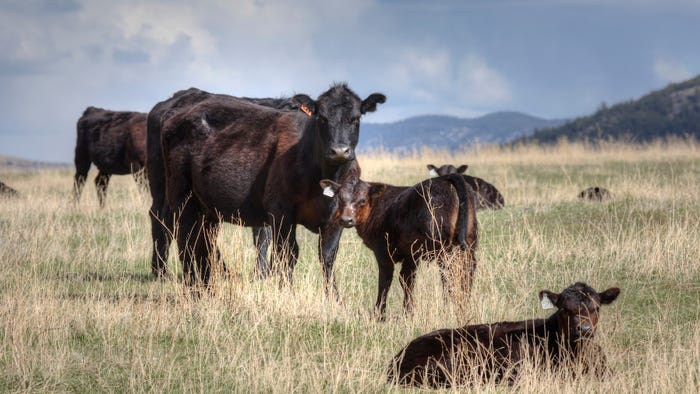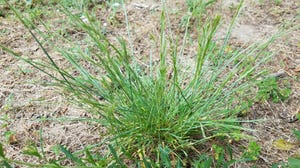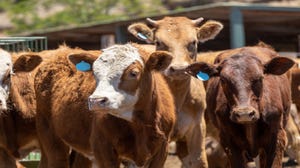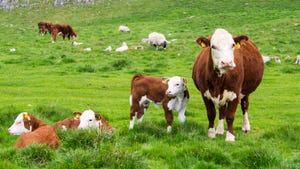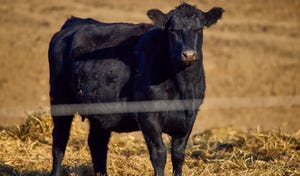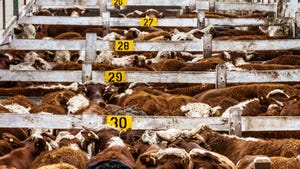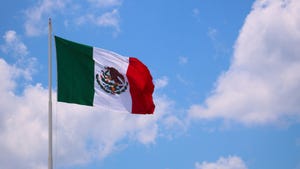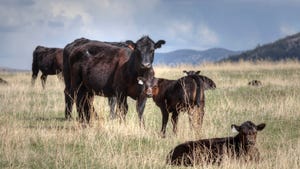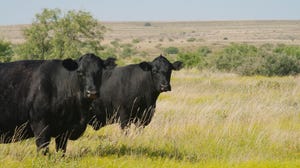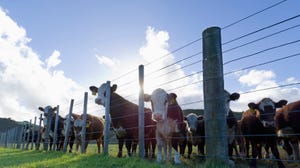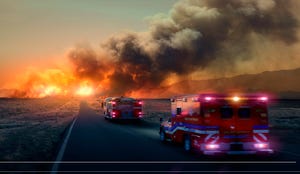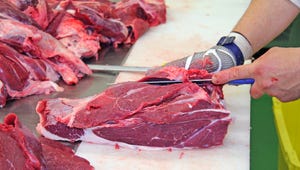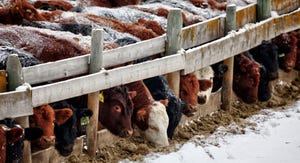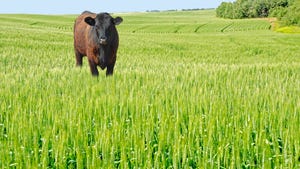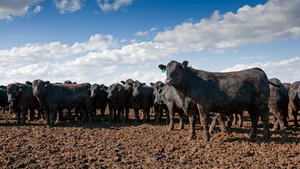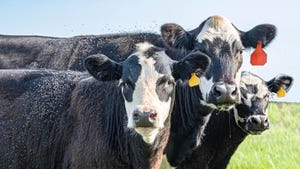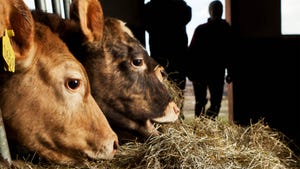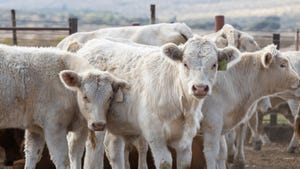The Latest from Beef Producer
The April cattle on feed report had a few surprises for analysts. 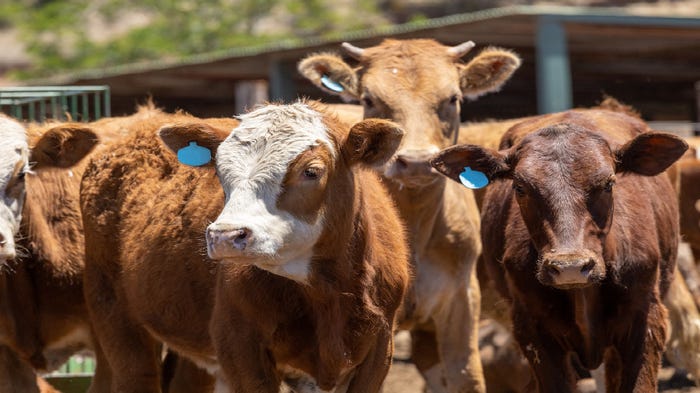
Farm Business
Fewer cattle but more in feedlotsFewer cattle but more in feedlots
Is it time to rebuild herds? Derrell Peel takes a look at the latest cattle on feed report.
Market Overview
| Contract | Last | Change | High | Low | Open | Last Trade |
|---|---|---|---|---|---|---|
| Jul 24 Corn | 451 | +2.5 | 451.25 | 446.5 | 448.5 | 04:27 PM |
| Jul 24 Oats | 346.25 | -7.5 | 354.25 | 342.5 | 354 | 04:24 PM |
| May 24 Class III Milk | 18.09 | +0.31 | 18.22 | 17.6 | 17.65 | 04:27 PM |
| Jul 24 Soybean | 1172 | -9.5 | 1180.75 | 1166.75 | 1180.25 | 04:27 PM |
| Aug 24 Feeder Cattle | 256.475 | +0.175 | 257.1 | 254.25 | 256.425 | 04:26 PM |
| May 24 Ethanol Futures | 2.161 | unch — | 2.161 | 2.161 | 2.161 | 09:38 PM |

Copyright © 2019. All market data is provided by Barchart Solutions.
Futures: at least 10 minute delayed. Information is provided ‘as is’ and solely for informational purposes, not for trading purposes or advice.
To see all exchange delays and terms of use, please see disclaimer.
All Beef Producer
Subscribe to receive top agriculture news
Be informed daily with these free e-newsletters


